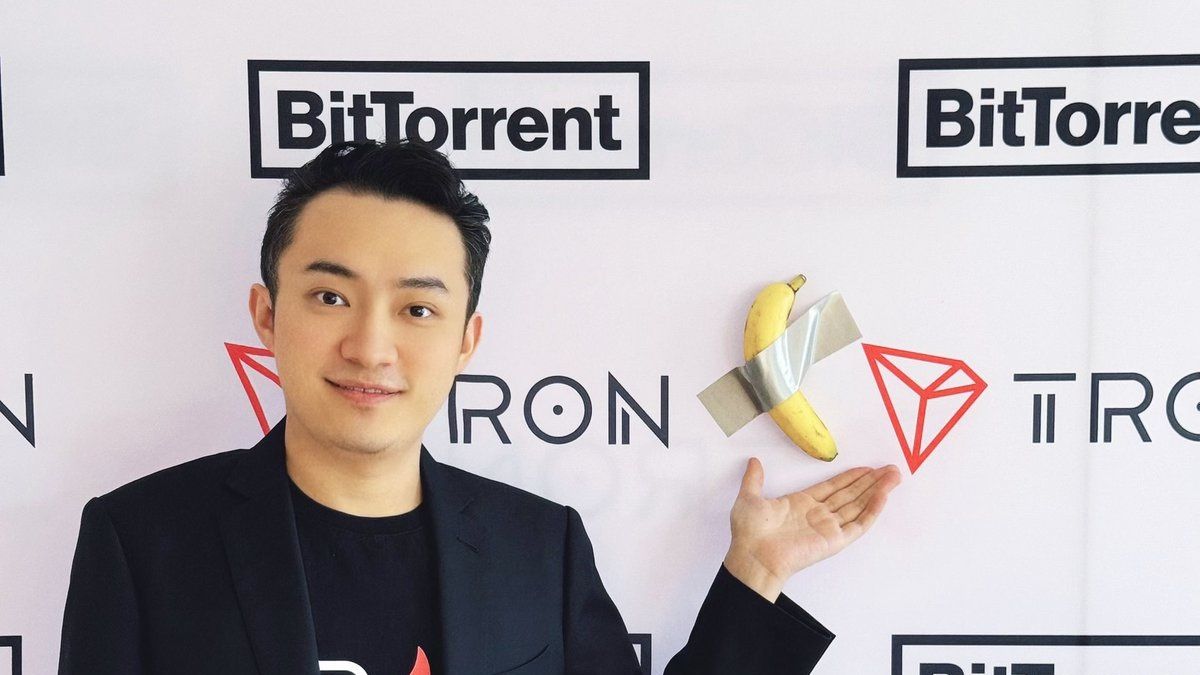ARTICLE AD
Grayscale is offering an investment vehicle focused on specific proof-of-stake network tokens as it awaits an SEC verdict on its spot Ethereum ETF application.
Grayscale Advisors LLC, a subsidiary of the firm behind the most significant spot Bitcoin (BTC) ETF, introduced its latest product to capitalize on staking rewards amid a boom in the crypto market and surging staking ratios on blockchains like Ethereum (ETH).
The Grayscale Dynamic Income Fund (GDIF) invests in proof-of-stake (PoS) native tokens to generate yield and distribute this income to investors per quarter.
Staking is a feature of PoS blockchains that allows participants to secure decentralized networks and validate transactions by locking up cryptocurrencies for some time. The staked coins typically accrue rewards for users, usually in the form of native tokens that were initially staked.
Ethereum is the largest PoS network that supports staking. According to crypto.news, over 25% of the platform’s ETH circulating supply has been locked on its beacon chain, amounting to over $115 billion in staked Ether.
The GDIF will not directly invest in Ethereum staking but will include nine PoS staking assets including Aptos (APT), Celestia (TIA), Coinbase Staked Ethereum (CBETH), Cosmos (ATOM), Near (NEAR), Osmosis (OSMO), Polkadot (DOT), Sei (SEI), and Solana (SOL).
As our first actively managed Fund, GDIF is an important expansion of our product suite and enables investors to participate in multi-asset staking through the convenience and familiarity of a singular investment vehicle.
Michael Sonnenshein, Grayscale CEOGrayscale taps staking amid industry scrutiny
Grayscale’s decision to launch a fund centered on staking comes as U.S. authorities scrutinize crypto practices through multiple agencies, such as the Securities and Exchange Commission (SEC).
While 55% of Singaporean crypto users have staked crypto, the U.S. SEC and other agencies have clamped down on the feature, citing investor protection and securities violations. Platforms like Kraken were fined and forced to unwind their crypto-staking services for American investors.
However, data shows that this pattern has done little to deter Ethereum proponents, particularly as the rate of ETH staking continues to rise. U.K. authorities are also set on regulating the staking market rather than outlawing it.

 8 months ago
45
8 months ago
45 

